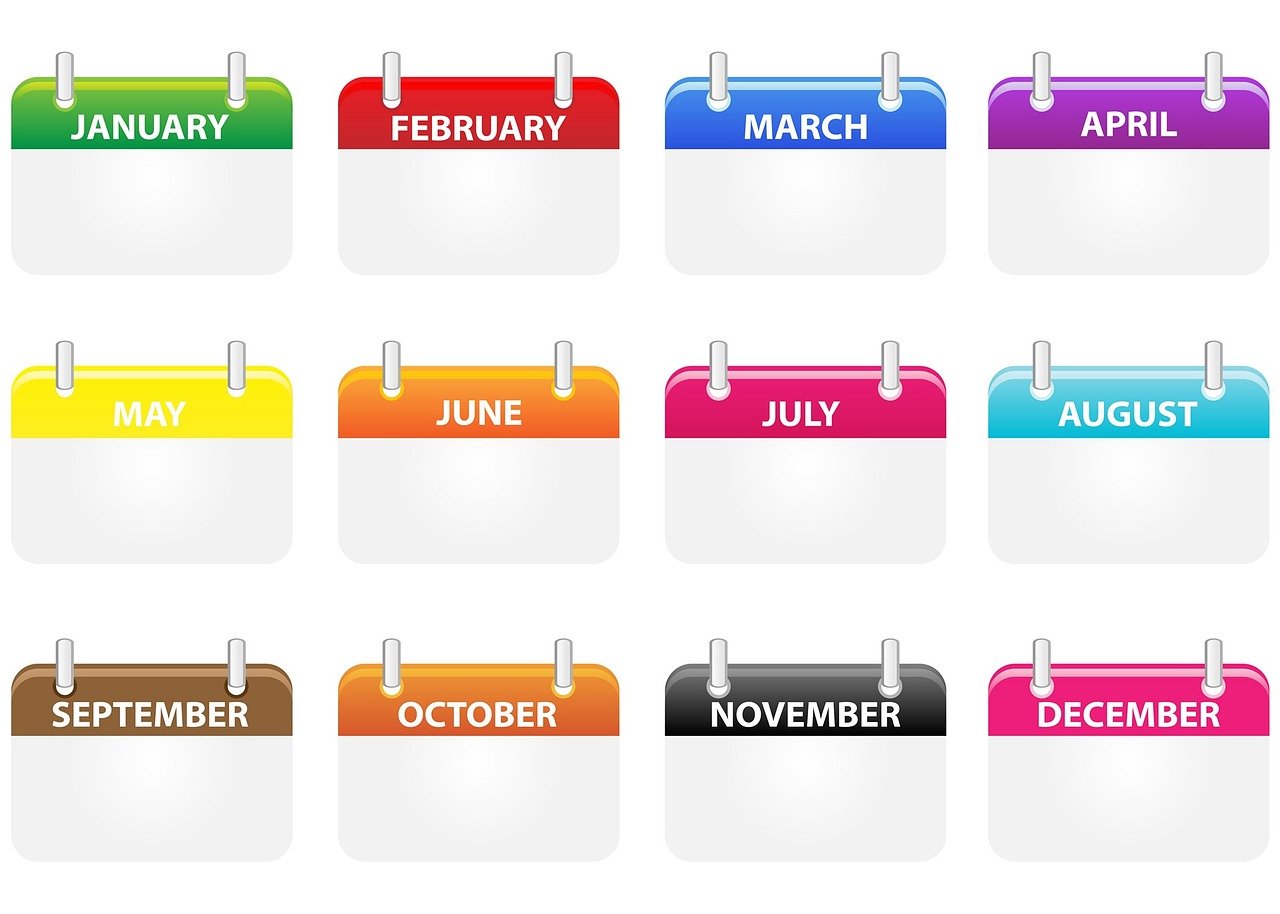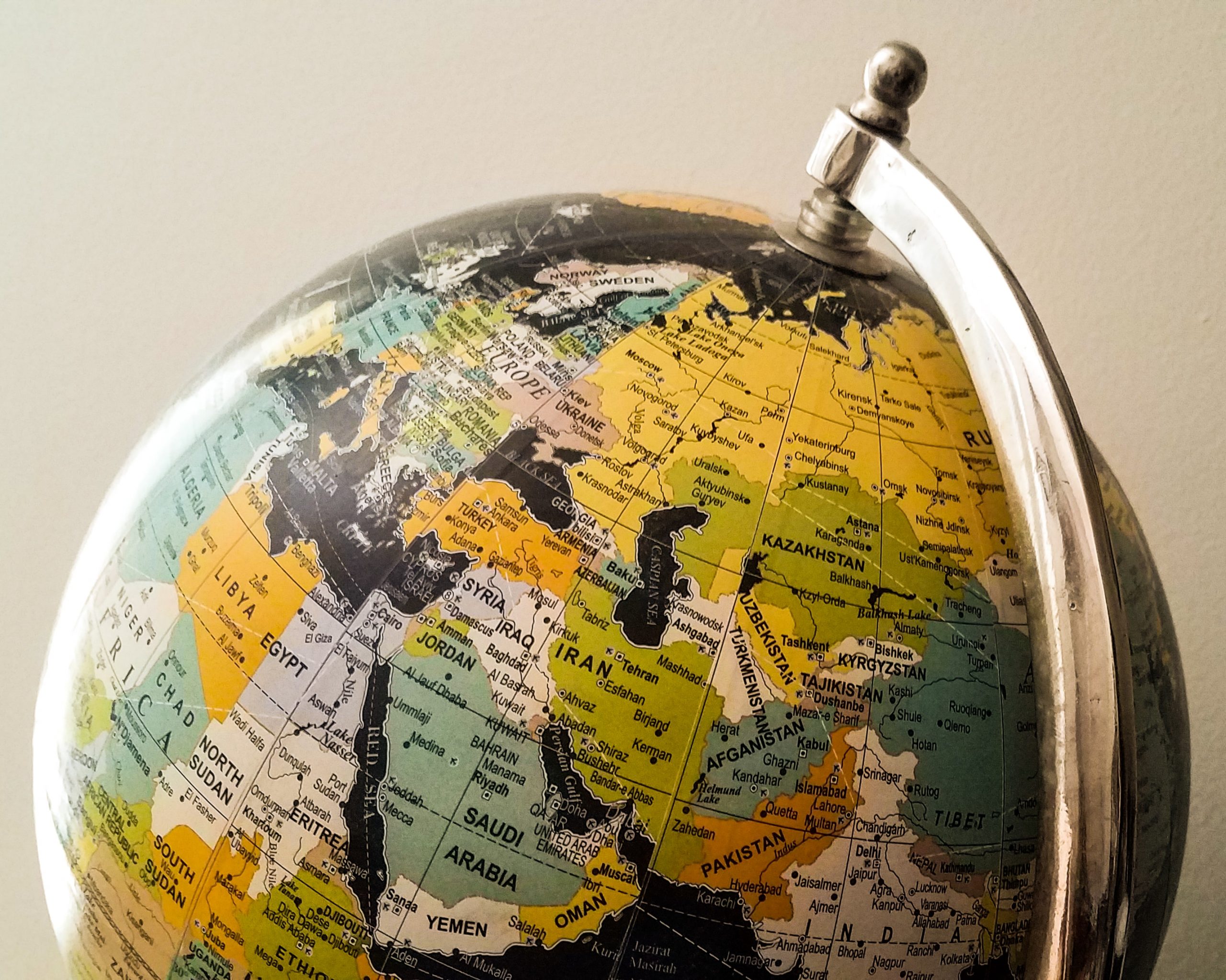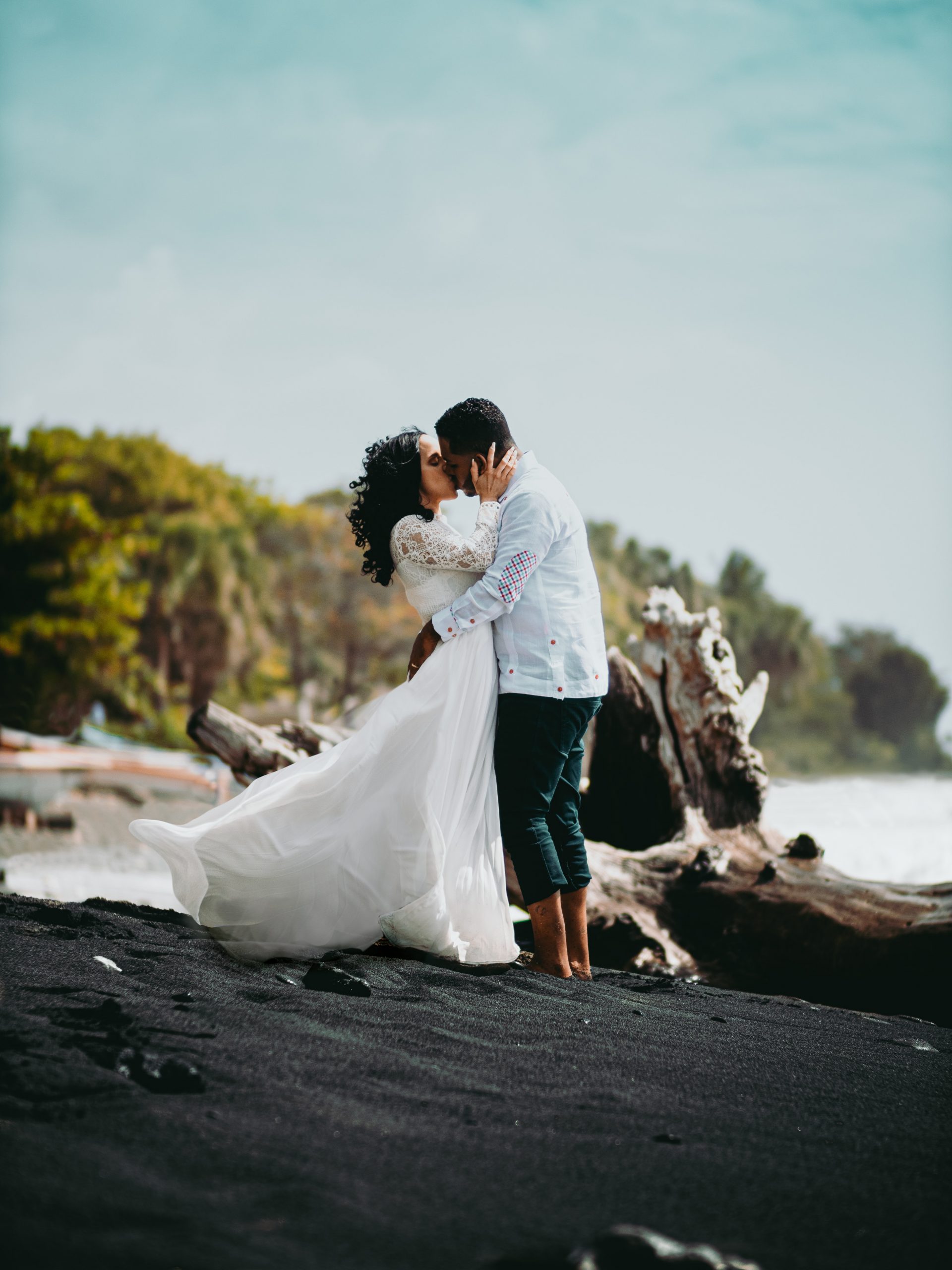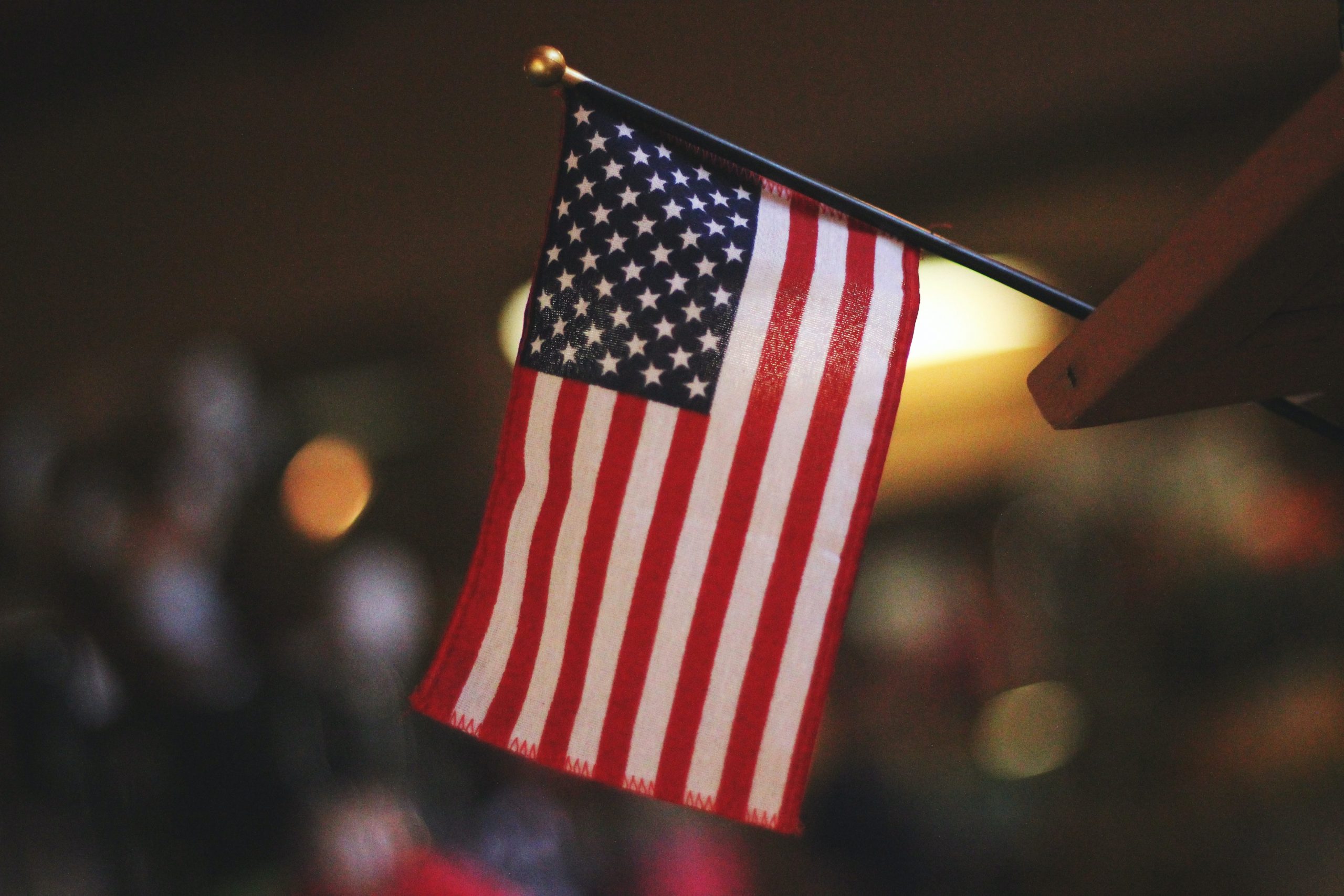Welcome back to Visalawyerblog! We kick off the start of a brand-new week with an overview of the June 2021 Visa Bulletin. Follow along as we provide you with an overview of the State Department’s monthly Q&A answer session with Charlie Oppenheim, Chief of the Immigrant Visa Control and Reporting Division of the U.S. Department of State.
In this post, we summarize Charlie’s Visa Bulletin projections for the upcoming month of June 2021 and beyond.
We recommend our followers to subscribe to the State Department’s YouTube Channel to catch all of the details relating to the agency’s new monthly series on its YouTube channel.
This new series will feature a monthly Question-and-Answer session with Charles and a Consular officer, where they will answer many of the public’s frequently asked questions and provide a monthly analysis of each month’s Visa Bulletin. The discussion will provide details regarding what to expect in terms of the movement or retrogression of both family and employment-based preference categories on each month’s Visa Bulletin.
Questions for Charlie can be emailed to VisaBulletin@state.gov ahead of the monthly session with “Chat with Charlie Question” in the subject line.
Reminder: Tomorrow, Tuesday May 25, 2021 at 1:00 p.m. ET, the Department of State will be hosting a YouTube live session relating to the visa backlog. The State Department will also be discussing how Consular sections will be prioritizing visa cases during the phased resumption of services. Make sure to subscribe to the YouTube Channel and turn your notifications on so you do not miss any of these updates.
 Visa Lawyer Blog
Visa Lawyer Blog











